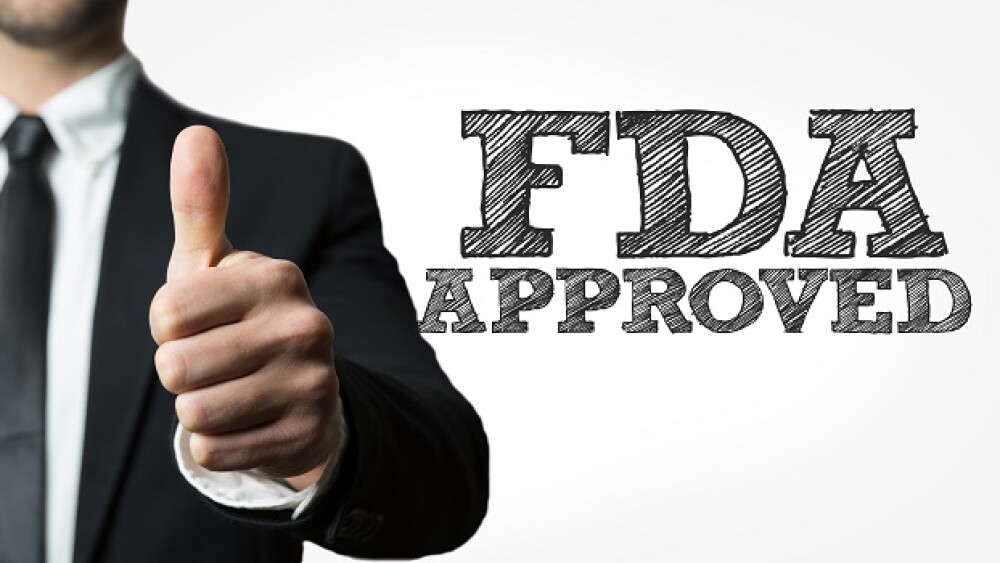Sweden-based Sobi and Swiss-based Novimmune announced the U.S. approval of Gamifant (emapalumab-lzsg) to treat an ultra-rare disease in adults and children. Sobi’s U.S. offices are in Waltham, Mass.
Sweden-based Sobi and Swiss-based NovImmune announced the FDA approval of Gamifant (emapalumab-lzsg) to treat an ultra-rare disease in adults and children. Sobi’s U.S. offices are in Waltham, Mass.
The U.S. Food and Drug Administration (FDA) approved Gamifant for children as young as newborns to adults with primary hemophagocytic lymphohistiocytosis (HLH) with refractory, recurrent or progressive disease or intolerance to conventional HLH therapy.
“HLH is a disorder of immune regulation in which many cytokines are deranged, but interferon gamma appears to play a critical role,” stated Michael Jordan, physician-scientist in the division of Bone Marrow Transplantation and Immune Deficiency at Cincinnati Children’s Hospital Medical Center HLH Center of Excellence and primary investigator of the emapalumab clinical trial. “While we have long understood the pivotal role of this cytokine in HLH, until emapalumab’s approval we did not have a medicine that could specifically hit this target. Emapalumab represents an entirely new approach to treating primary HLH and helping these very sick patients reach hematopoietic stem cell transplant.”
More simply put, primary HLH is a disease where immune cells don’t work properly. They become overactive, releasing too many molecules, which causes inflammation. They then begin to damage the body’s own organs, including the liver, brain and bone marrow.
When inherited, it is called primary or familial HLH. It can also be non-inherited. Primary HLH typically shows symptoms within months after being born. Potential symptoms include fever, enlarged liver or spleen and decreased blood cell levels.
Gamifant was evaluated in a clinical trial of 27 pediatric patients with suspected or confirmed primary HLH. The median age of patients in the trial was one year old. In the trial, 63 percent of patients responded and 70 percent were able to move on to stem cell transplant.
The drug was approved under Priority Review, Breakthrough Therapy designation, and Orphan Drug designation.
Sobi expects to launch the drug in early 2019. It acquired the global rights to the drug from Novimmune in July in a deal worth up to $452 million. The deal was broken up into $50 million up front and up to $400 million in milestone payments.
At the time of the deal, Sobi projected that Gamifant could bring in up to $330 million in peak sales.
Earlier this month Sobi acquired the U.S. rights to AstraZeneca’s Synagis (palivizumab) in the U.S. and for 50 percent future earnings of drug candidate MEDI8897.
Synagis is approved for respiratory syncytial virus (RSV) prophylaxis for high-risk infants. MEDI8897 is a follow-on candidate to Synagis, a monoclonal antibody being studied for the prevention of lower respiratory tract infections caused by RSV in a larger patient population.
Sobi paid AstraZeneca $1.5 billion up front made up of $1.0 billion in cash and $500,000 in newly issued Sobi shares. Additional milestone payments bring the total deal up to $2.3 billion. Also, more than 100 AstraZeneca staffers will be moving to Sobi.
In a statement at the time, Guido Oelkers, president and chief executive officer of Sobi, stated, “The addition of Synagis will become an important strategic catalyst for Sobi’s future development and will form a powerful platform for growth in rare diseases. We see the acquisition as a stepping stone to drive sustainable growth in the U.S. and make Sobi more attractive for partnering. It also increases the overall Specialty Care franchise and diversifies our portfolio in Immunology.”
The Gamifant approval appears to fit into that strategy as well.





